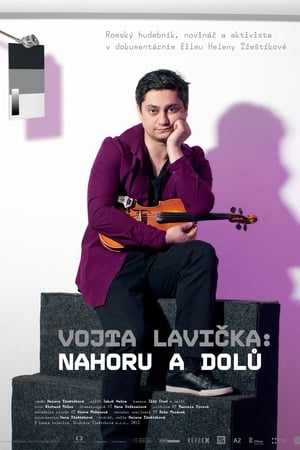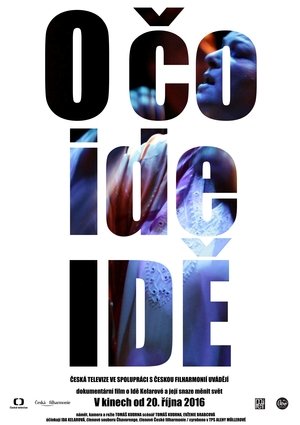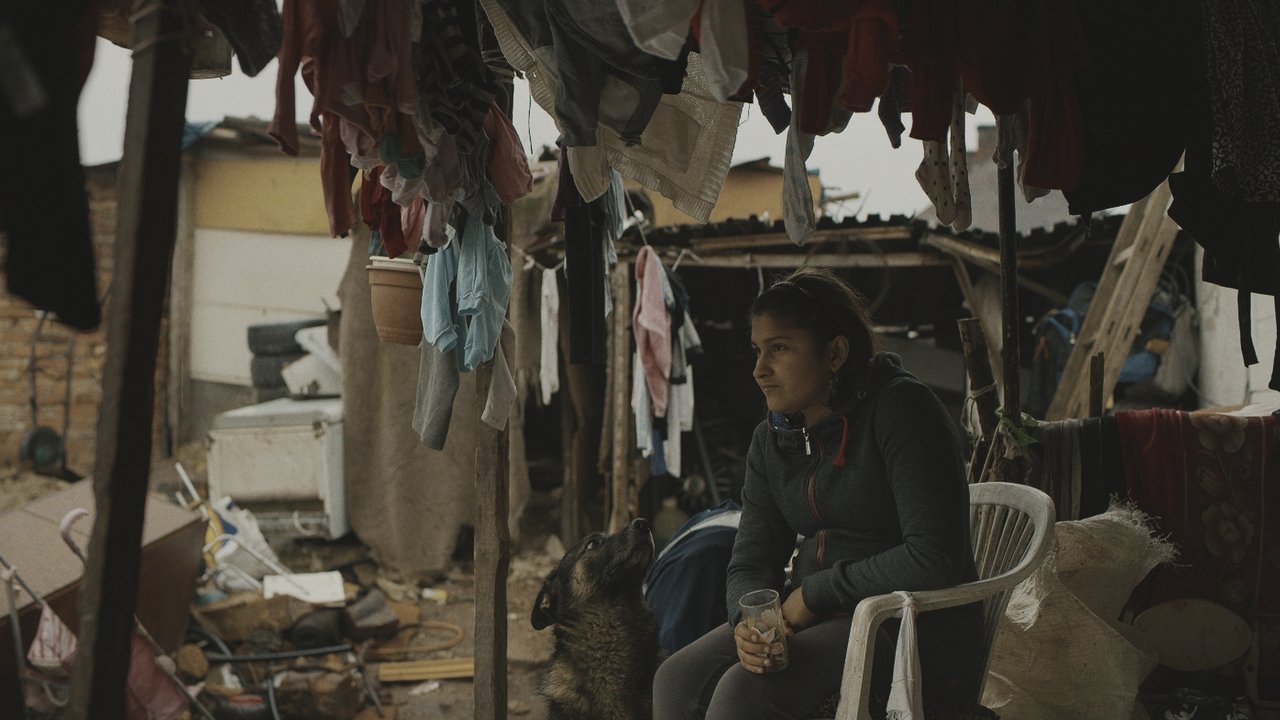

Silent Days(2019)
The film is separated into four chapters, each tracking a different group of protagonists who all have one thing in common – they were born deaf. Little Sandra likes to play football and admires Ronaldinho. Marián worships trains and wants to be an engine driver. Teenagers Alena and René are expecting a baby and long for it to be born healthy. The trio of Roman, Kristián and Karmen help their parents by collecting junk to be sold and dream of one day having a house with a flush toilet.

Movie: Silent Days
Video Trailer Silent Days
Similar Movies
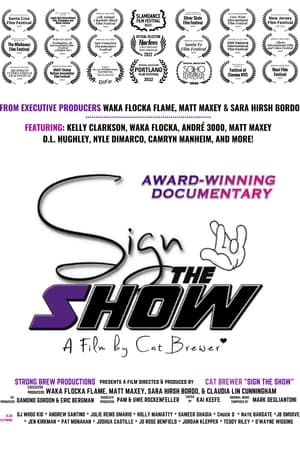 0.0
0.0Sign the Show(en)
Sign The Show: Deaf Culture, Access and Entertainment is a feature-length documentary providing insight into Deaf culture and the quest for access to entertainment. It brings together entertainers, the Deaf and Hard of Hearing (HOH) community, and American Sign Language interpreters to discuss accessibility at live performances in a humorous, heartfelt, and insightful way.
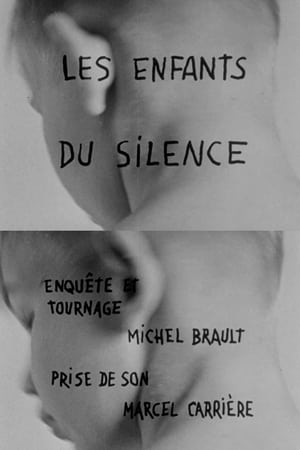 6.0
6.0Children of Silence(fr)
This film looks at the world of children with hearing loss and the importance of early diagnosis. With its straightforward, rigorous cinematic style and intimate approach to the subject, the film focuses on the human rather than the technical side of the problem of hearing impairment.
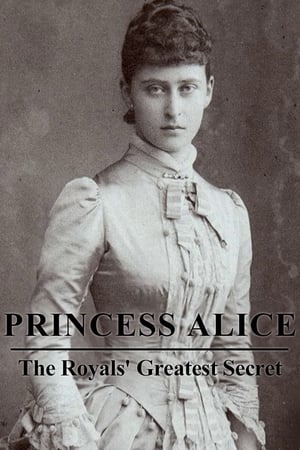 0.0
0.0Princess Alice: The Royals’ Greatest Secret(en)
The life of Princess Alice of Battenberg, Queen Victoria's great-granddaughter, Prince Andrew of Greece's wife and Queen Elizabeth II's mother-in-law. Born deaf, she faced tremendous hardships but found solace in faith and charity work.
The World at Arm's Length(de)
Sven has a dream. Once in his life he wants to walk the Camino de Santiago - the Way of St. James. But that seems impossible, Sven has Usher syndrome, a disease which slowly, inexorably robs him of hearing and vision. Profoundly deaf and completely blind since 2010, he can only communicate using a special hearing aid in the spoken language.
 0.0
0.0Rose Ayling-Ellis: Signs for Change(en)
Actress and Strictly Come Dancing 2021 winner Rose Ayling-Ellis reveals the daily challenges, discrimination, and barriers which are faced by deaf individuals.
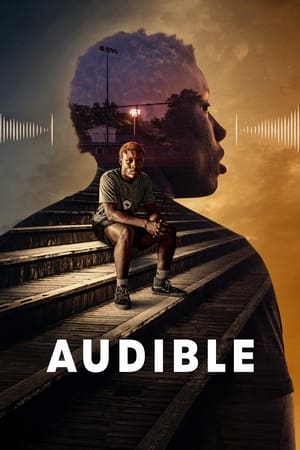 6.9
6.9Audible(en)
Football player Amaree McKenstry-Hall and his Maryland School for the Deaf teammates attempt to defend their winning streak while coming to terms with the tragic loss of a close friend.
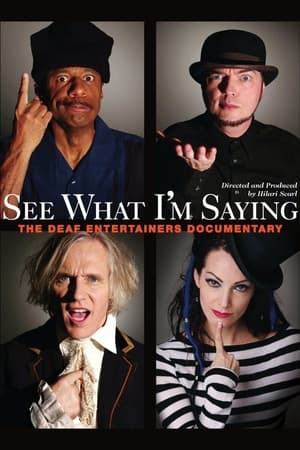 7.0
7.0See What I'm Saying: The Deaf Entertainers Documentary(en)
This inspirational documentary follows four deaf entertainers: a comic, drummer, actor and a singer as they attempt to cross over to mainstream audiences. These uniquely talented entertainers overcome great challenges to celebrate success.
 6.1
6.1When Borat Came to Town(ro)
A look at what happened after Borat: Cultural Learnings of America for Make Benefit Glorious Nation of Kazakhstan was filmed in the Romanian village of Glod. It follows the life of one girl who longs to escape the poverty as foreign lawyers arrive with the promise of suing 20th Century Fox for millions of dollars.
 7.0
7.0Deaf President Now!(en)
Discover the story of the greatest civil rights movement most people have never heard about. During eight tumultuous days in 1988 at the world's only Deaf university, four students must find a way to lead a revolution—and change the course of history.
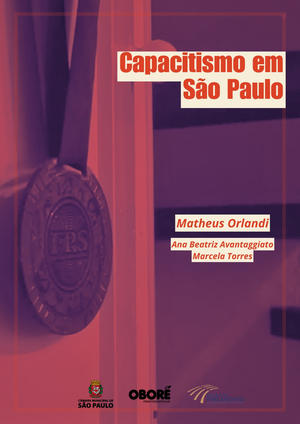 0.0
0.0Ableism in São Paulo(pt)
Through intimate stories and day-to-day routines we get a naturalistic glimpse into the lives of individuals with disabilities in the bustling urban landscape of São Paulo. The film captures personal moments and how modern societies confront (or fail to confront) ableism and inclusion.
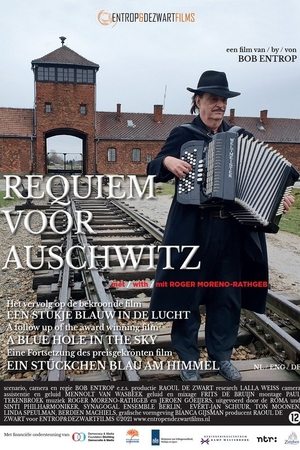 0.0
0.0Requiem for Auschwitz - the film(nl)
13 years ago, director Bob Entrop made the film A piece of blue in the sky, the first film in the Netherlands that depicted the murder of almost 1 million Sinti and Roma during the Second World War. There is a taboo on what happened during the war, you don't talk about it with anyone and certainly not in front of a camera. Requiem for Auschwitz is a sequel, with the most valuable moments from the first film, supplemented with the grandchildren and the creation and performance of the 'Requiem for Auschwitz' by Sinti composer Roger Moreno Rathgeb by the Sinti and Roma Philharmonic from Frankfurt and a Jewish choir in the Berliner Dom in Berlin, during Holocaust Memorial Day. During his visit to Auschwitz in 2020 with four musicians from the Dutch Accompaniment Orchestra, Roger shows them the places that inspired him.
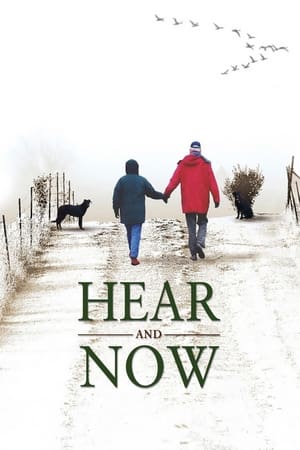 6.8
6.8Hear and Now(en)
Filmmaker Irene Taylor Brodsky aims her camera at her own life to capture the remarkable transformation of her deaf parents, who decided to undergo a life-changing procedure to restore their hearing after spending 65 years in silence. Chronicling her parents' experiences over their first year of having sound in their lives, Brodsky tells a deeply personal tale that moved viewers to bestow it with the Documentary Audience Award at Sundance 2007.
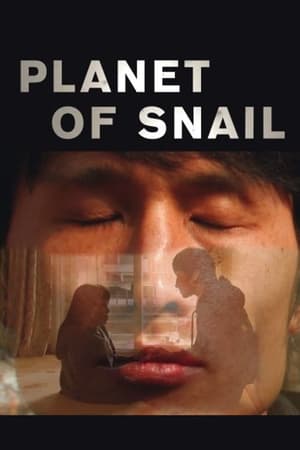 7.1
7.1Planet of Snail(ko)
Young-Chan comes from planet of snail where deaf blind people live slow and quiet lives. When Young-Chan came to Earth, nobody understood his language and he was desperate. Then an angel walked into his life. Soon-Ho knows how it is to be lonely and soon becomes an inseparable part of his life. Young-Chan also discovers an amazing world under his fingers as he learned to read books with braille. Hopes began to grow and he dreams of writing a book. However, Soon-Ho cannot always be there for him because of her own problem of spine disability. The couple now should learn to survive alone. While Soon-Ho uneasily spends her first day waiting for his return, Young-Chan goes out for the biggest adventure of his life.
De caballos y guitarras(es)
A musical, and also a reflection on watching, on trying to escape an anthropocentric gaze and also on watching itself in cinema. Featuring mares and horses: Triana, Víctor K, Bambi Sailor, San Special Solano, Buck Red Skin, Onkaia, Cool Boy, the donkey Agostino, the mule Guapa. And also Alfredo Lagos, Raül Refree, María Marín, Pepe Habichuela, Virgina García del Pino, María García Ruiz, Pilar Monsell, María Pérez Sanz.
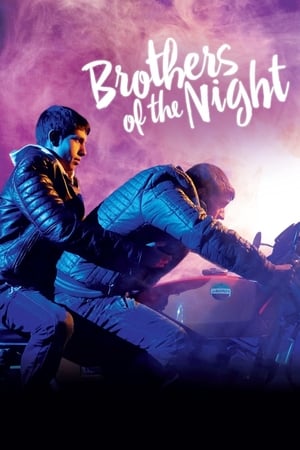 5.2
5.2Brothers of the Night(de)
Soft boys by day, kings by night. The film follows a group of young Bulgarian Roma who come to Vienna looking for freedom and a quick buck. They sell their bodies as if that's all they had. What comforts them, so far from home, is the feeling of being together. But the nights are long and unpredictable.
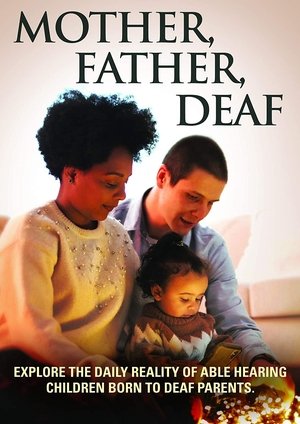 0.0
0.0Mother, Father, Deaf(en)
Children of Deaf Adults, known as CODA, are caught in the middle, between the deaf and the hearing, between isolation and community, and between childhood and adulthood. Through the stories of three CODAs, discover how the unique upbringing of hearing children born to deaf parents can be considered both a burden and an opportunity and how it shapes who they are and who they become. Also hear from the parents themselves about how their condition unwittingly puts an impossible weight of responsibility on their children, who are forced into adulthood from the moment they learn to talk. Mother, Father, Deaf offers a previously unseen portrayal of contemporary reality for deaf families. Their stories, while deeply personal, mirror the experiences of CODAs around the world.
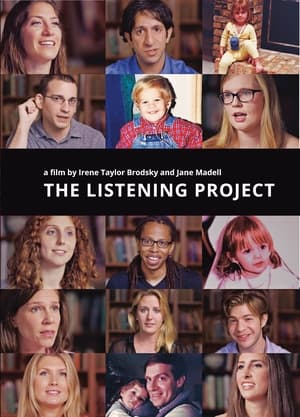 0.0
0.0The Listening Project(en)
The profound impact of technology on the lives and identities of young deaf adults is explored in The Listening Project. Fourteen deaf people tell stories beginning with a childhood wide-eyed about sound, into the growing pains of adolescence and, eventually, their professional lives. Sometimes humorous, always tender, The Listening Project is a timely coming of age story, one we haven't heard before.


